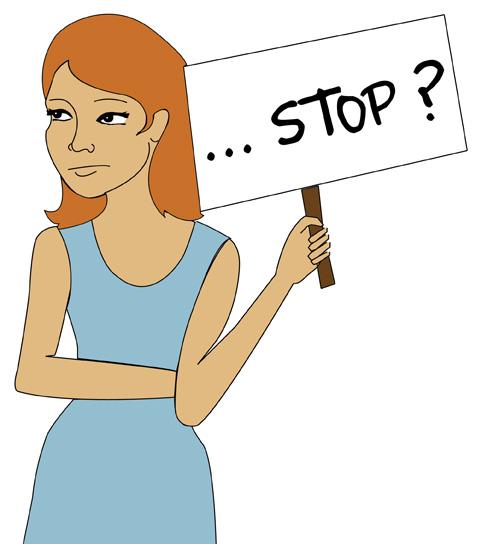Students should fight for ideals

Protest::Megan Harris State Hornet
February 9, 2011
The chaos in Egypt is the latest showcase of the fallacies of human nature.
Violence, hate and deceit have pushed aside good-natured demonstrations in what started as a peaceful example of democracy in action.
Though the desire for Egyptian President Hosni Mubarak to resign is primarily an Egypt-specific issue, there are many global issues being magnified by the situation.
Many are upset with America for its role in supporting the unpopular Mubarak for more than 30 years.
Others are upset that America has hesitated to intervene and provide support for the Egyptian citizens who are pleading for democracy.
Some think if democracy prevails in Egypt, democratic influence could spread throughout the Middle East.
And if you, like millions in this country, aren’t too familiar with the issues I’ve been talking about, then you are part of another issue that Egypt is exposing.
We don’t really care.
Not that anyone would wish anarchy upon the Egyptian people, but unless prompted to take notice by, let’s say, having to write a column on the subject, it is unlikely many people would bother to take more than a cursory look at this major overseas affair.
Students, who historically have been a very passionate and outspoken demographic, have not been as prominent or consistent in political activism in recent years. Students are no longer quick to band together with other students.
It hasn’t always been this way. History professor Scott Lupo said the 1960s and “70s are wonderful examples of times where unity and action reigned supreme among college students.
Anti-war demonstrations were a common occurrence during America’s involvement in Vietnam.
“The war in Vietnam and the draft were huge factors in making students more politically active,” Lupo said. “Also important were the Civil Rights and Women’s Rights movements.”
Also, just a couple years ago, young people came together in great numbers to support presidential candidate Barack Obama.
“The baby boomers want to pretend that they were active and their kids are slackers but that is not true,” said history professor Joseph Palermo. “Young people elected Barack Obama in 2008, they constituted a record turnout of about 18 percent of the electorate, and their attitudes toward gay rights and the environment and other issues are far ahead of the curve.”
Palermo said that baby boomers had the benefit of a protest-friendly climate.
“The cold hand of the market has thrown cold water on all activism right now,” Palermo said. “It’s a lot harder to organize resistance than when the baby boomers were out organizing amidst a growing economy.”
Lupo also thinks it is an economic issue, and identifies a shift in educational focus as a point of concern.
Students are borrowing thousands of dollars in order to attend college, and the pressure to find a job after graduation is enormous.
This has caused more students to study business or technology, rather than arts and humanities, Lupo said.
“The humanities … tend to engage students in more critical questions about society and culture,” Lupo said. “By taking a broader scope, they help students to identify contemporary trends and issues of concern and they help them to understand the need to challenge often unrecognized abuses in society.”
Without the ability to identify issues that should be challenged, students are much less apt to speak out against foreign issues than domestic ones.
But human rights are something from which everyone benefits, regardless of location. Oppression creates poverty, anger and backlash, which we have seen in the Middle East and felt in America.
While it’s easy to disregard these international conflicts and focus on one of America’s many hardships, it’s important to remember that the two are not mutually exclusive.
It is not that we don’t notice what’s going on in the rest of the world &- though increasing awareness is absolutely critical &- it’s that since we don’t directly feel the effects, we don’t fully realize its magnitude.
The one thing we absolutely cannot do is shut ourselves off from the rest of the world. By ignoring world events we are exercising apathy. And that would mean we are only protesting against our own right, and our own duty, to provide voice and support to those in need.
As Americans who should support true American ideals, not the talking points thrown at us by political parties, we must keep in mind that it would do this world a great disservice, to not to take full advantage of the rights and privileges we are given.
Dante Frattini can be reached at [email protected].
























































































































